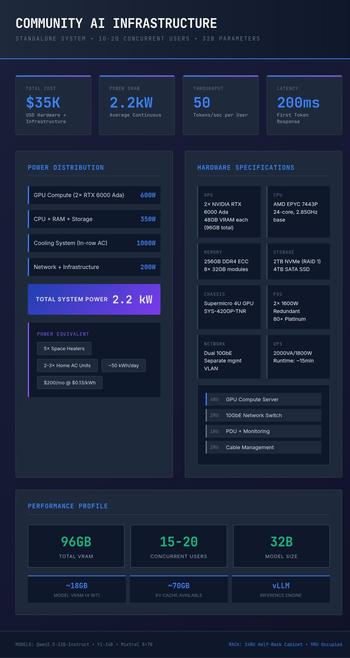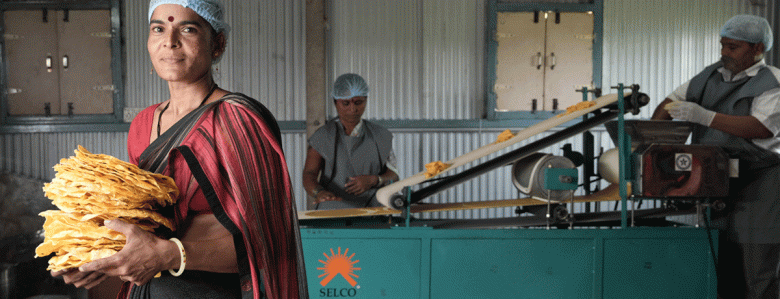Climbing the energy ladder with BURN
At the Ashden awards last week, BURN won the Award for Outstanding Achievement. It’s a special category in honour of the 25 anniversary of the awards, given to a previous winner who has gone on to do extraordinary things.
BURN make affordable cookstoves which save families money, reduce indoor air pollution and help to protect forests. They won an Ashden award in 2015 for their first cookstove design, and at the time they had sold 62,000 of them. Ten years later they sell five million stoves every year in 14 African countries, employing 3,500 people across their factories Kenya, Ghana, Nigeria and Tanzania. This year they plan to open three new factories, including one in Madagascar.
Their impact so far is enormous, saving an estimated 14.7 million tonnes of wood and cutting global emissions by 26.2 million tonnes. (To put that number in perspective, 26 million tonnes is the annual footprint of the entire country of Denmark.) With a third of the world’s population still cooking on open or basic fires, there is plenty more to do.
Efficient cookstoves are the ultimate example of an intermediate technology, or as E F Schumacher called them, appropriate technologies. They are locally available and affordable, the kind of thing that is accessible to the people who need them most. A lot of solutions proposed for global development are inappropriate – see Bill Gates’ hydrogen toilet. Or the ill-fated One Laptop Per Child project, which attempted to design and give a laptop to every child in the world, including the ones who really just needed a pencil.
The downside of appropriate technologies is that they can appear to be second best. Despite all the benefits to a clean cookstove, someone cooking on an open fire might aspire to cook on an electric range. A better wood fire is thus best seen as a step along an energy ladder, not the end goal.
BURN have understood this and offer a range of products in response. There are LPG, charcoal and biomass stoves, and also an electric induction hob. It’s sold in a bundle with the pans you need, and it can be paid for with a ‘pay as you cook’ finance model so that those on very low incomes can still get one. So BURN don’t just shift people off the bottom levels of the energy pyramid, they help them move a step at a time towards the top. These are stoves that bring benefits to health and to finances as well as carbon reductions. They’re also stoves that people want, and that make them feel proud.
Here’s a video introduction to their work:
https://www.youtube.com/watch?v=JPXVgtv-Wqg
#appropriateTechnology #kenya





